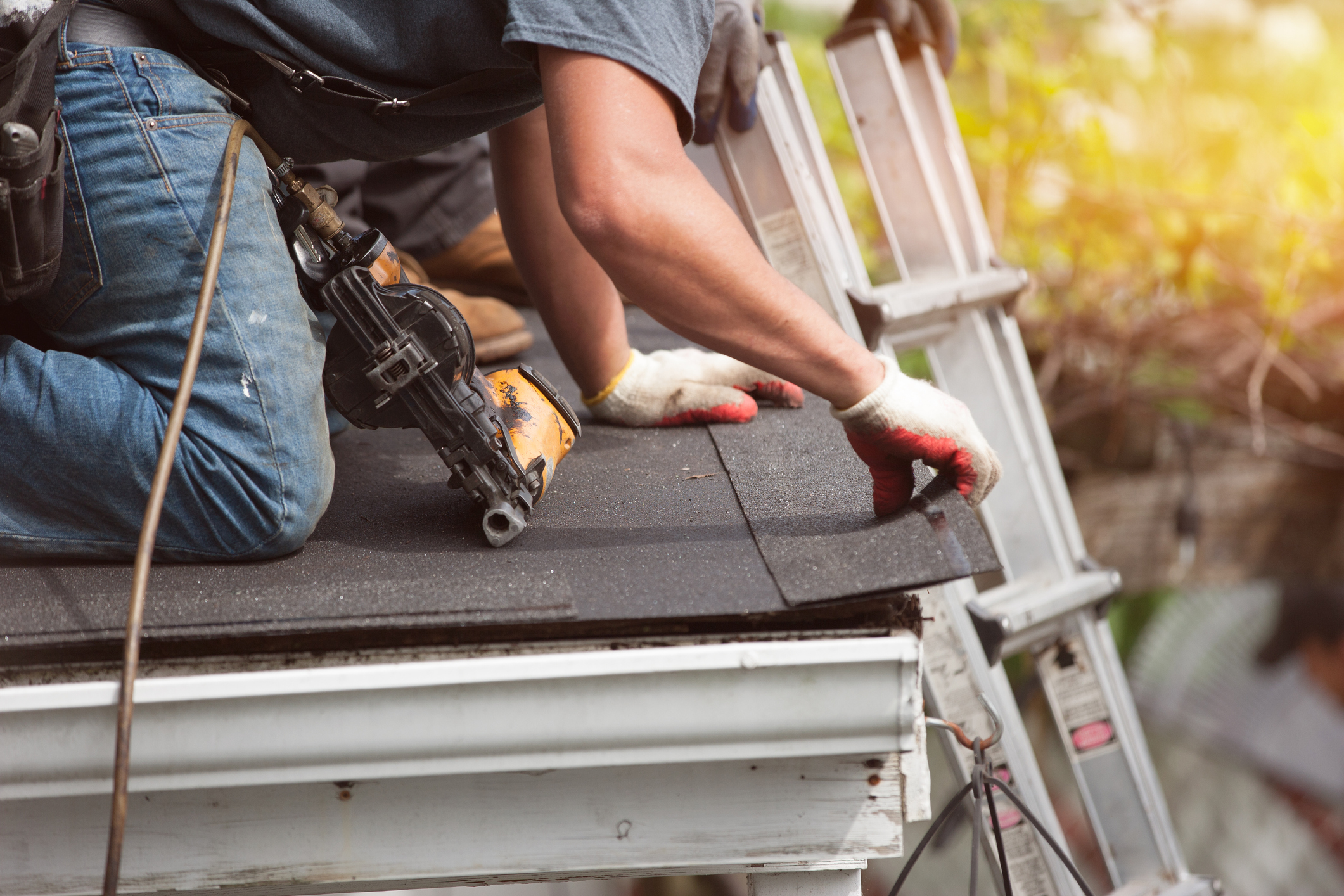Real equality means recognizing that men and women often have different priorities.
For the Roofers

Feminism seeks the extinction of the kind of men who built the world.
In his superb recent book No Apologies: Why Civilization Depends on the Strength of Men, Anthony Esolen offers a detailed and riveting discussion of the endless planning and stupendously difficult, all-male labor involved in the building of the Roman aqueducts. He follows it with an equally engrossing account of the work involved in the creation and operation of modern public water systems. At the conclusion of these pages, Esolen drops this truth bomb of an observation:
Multiply that project by innumerable thousands, just for the Roman Empire. Multiply those thousands by millions more, everywhere. When some women say, “We should wield power now, after men have made so bad a job of it,” I wonder if they have bothered to consider what the job has been. I wonder if they even ask where their water comes from.
Opportunities to recognize the power of Esolen’s observations in other realms abound for all of us, if we can just be bothered to look around.
A few months ago, a local roofing company put a new roof on our house.
I scheduled it on a day on which I could be at home for the full operation. When it comes to home repairs, I’m an empiricist. I like to watch work be done on the house. This is both to increase the likelihood that it’ll be done conscientiously (people who do home repairs are certainly no less trustworthy than everybody else, but I’ve seen no evidence that as a class they are more trustworthy, either) and just because I’m interested in a good deal of this kind of work. I enjoy knowing as many of the details of how it is done as can be gathered from just watching.
The roofers were of course all men, as they almost always are, and nearly all young men. They climbed the ladders to ascend to the top of my house with fearless abandon and walked merrily and effortlessly around up there carrying heavy things, removing old shingles and applying new ones, all day long.
Late in the day, when the job had nearly reached its endpoint, I climbed up myself to have a look, at the invitation of the supervisor of the crew. It was a long way down to the ground, and I was worried about my footing pretty much the whole time. It takes a certain kind of courage just to be comfortable doing anything in such an environment beyond standing there fervently endeavoring not to fall, as I was doing.
One of the crew members would, as the crew worked throughout the day, periodically break into song atop the roof. As soon as he started singing, others of his comrades would heartily join in, or sometimes they would offer hilarious criticisms of the song or the singing or both, which would be responded to with the same kind of good-natured banter. This went on the whole day.
After they’d finished and the crew had gone, there were some packages of shingles left over. The crew leader asked me if it was okay to leave them in the driveway for a few hours until their supply truck was available to swing by and pick them up. After I’d agreed and he’d left, I took the opportunity to lift one of the shingle packets, just to get an idea of what kind of weight these guys were carrying around on the ladder and the roof while also singing and joking about in such a carefree manner. My respect for them and the work they’d done grew exponentially.
Men doing backbreaking work, without which we would literally have no roofs over our heads, and cheerfully and insouciantly singing while they do it. This is a phenomenon that has doubtless existed in every human society, and it is responsible for a vast amount of what we call “civilization” and “progress.” Without it, no human society would have survived.
Yet somehow, the culture we currently live in has turned a good deal of its attention to attacking and denigrating such men, disparaging their character and the work they do, insulting them as a class and accusing them of the vilest crimes, insinuating that they are capable of nothing that could not be done better by women.
And anyone working in a university, as I do, knows that Anthony Esolen is absolutely right. Many of the people doing this denigrating and suggesting that perhaps we would be better off without such men have not spent a moment reflecting on what impossible burdens that would create for the critics.
I recall once listening to a feminist colleague at work detail all the problems associated in American society with the easy availability and wide distribution of firearms. Men especially, with their eager readiness to turn conflict to violence and their desire for dominance, should not be trusted with such weapons. The only sane solution was to pass laws outlawing private gun ownership.
I listened a while. Then I acknowledged that, yes, lots of guns circulating freely among human beings, imperfect and volatile as they are, will inevitably produce a lot of bad outcomes, and it would be a good thing to reduce those if we can. But then I asked, assuming we wanted to go ahead with her plan, how those laws she wanted passed would be enforced at the most local level. What if these (in her account) malevolent, violent, and obstreperous men did not choose passively and obediently to turn their guns in to the lawmakers?
She responded that, well, in that case they would just have to be taken from them by those wiser and more committed to social justice.
I can genuinely say here that I detected no evidence from her demeanor that she knew she had just sawed the branch on which she was sitting off the tree.
I looked squarely at her and asked, more or less: “But you realize that work will require substantial risk and danger, yes? Who will do that work? Are you going to do it? Do you believe that all those who think as you do on this matter together are prepared to do it? The other college faculty, the writers for CNN, the membership of all the Moms Against Guns groups around the country? Do you think they could accomplish the task, against the force that would be forthcoming from the other side? Of course, you could tell the police or the armed forces to do it. But the vast majorities in both of those groups are men, and many of them probably own guns. Whose side do you think they’d be on in this matter?”
That ended the conversation.
At some point last semester, I was on campus and a young man in the uniform of a construction company, about the age of some of my students, walked by on the way to a job site.
He had a big smile on his face and offered me a cheery “Good afternoon!” as we passed. He was tall, strongly built, stood straight as a yardstick, glowing with confidence, and yet the very opposite of arrogant—on the contrary, he was more well-mannered and respectful in his demeanor than very nearly every student I have ever interacted with in the university world.
I wondered how many of my female and feminist colleagues would have been pleased, as I would have, to have a son like him. A son who was not a future academic, not a doctor or a lawyer, who likely did not even hold a bachelor’s degree, and who is almost certainly culturally conservative in at least some ways. A son who might perhaps grow up to hold values that once were widespread in this country and that are becoming rarer under the steady cultural assault of those highly educated people who, without even having to reflect on the matter, take themselves to be his superiors in every way.
I was not optimistic that the number would be high.
For feminism seeks the extinction of that kind of man. And preserving him will require opposition to feminism. It really is that simple.
The American Mind presents a range of perspectives. Views are writers’ own and do not necessarily represent those of The Claremont Institute.
The American Mind is a publication of the Claremont Institute, a non-profit 501(c)(3) organization, dedicated to restoring the principles of the American Founding to their rightful, preeminent authority in our national life. Interested in supporting our work? Gifts to the Claremont Institute are tax-deductible.
There is nothing manly in throwing up your hands.
America's young men face an acute crisis of masculinity.
Conservatives have to get smarter about sexual politics.
The data is in: women aren’t happy.






